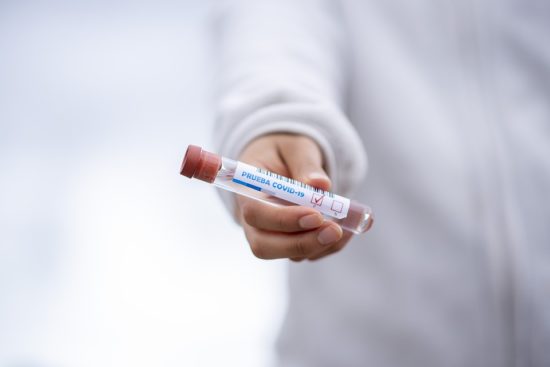Keeping our feet on the ground: the role of innovation in scaling up diagnosis to counter antimicrobial resistance
At the UN General Assembly High-Level Meeting on antimicrobial resistance (AMR), member states committed to improving access to diagnosis and care for at least 80% of countries by 2030. However, access to quality-assured microbiology laboratories is scarce in many countries in sub-Saharan Africa, south Asia, and the Middle East, particularly in the least-resourced tiers of healthcare delivery. The World Innovation Summit for Health (WISH) AMR Forum reported that progress towards appropriate use of antimicrobials is being hindered in some contexts by a failure to embrace new tools. The report also highlighted the importance of improving laboratory capacity and staffing capabilities, particularly in low-income and middle-income countries (LMICs). Médecins Sans Frontières (MSF) is continuously scanning the landscape of novel diagnostic tests that could be adapted to the constraints of LMICs, including culture-independent diagnostics. The technical shortcomings of these non-culture-based platforms, combined with their high cost, restrict their utility.
AMR NEWS
Your Biweekly Source for Global AMR Insights!
Stay informed with the essential newsletter that brings together all the latest One Health news on antimicrobial resistance. Delivered straight to your inbox every two weeks, AMR NEWS provides a curated selection of international insights, key publications, and the latest updates in the fight against AMR.
Don’t miss out on staying ahead in the global AMR movement—subscribe now!






